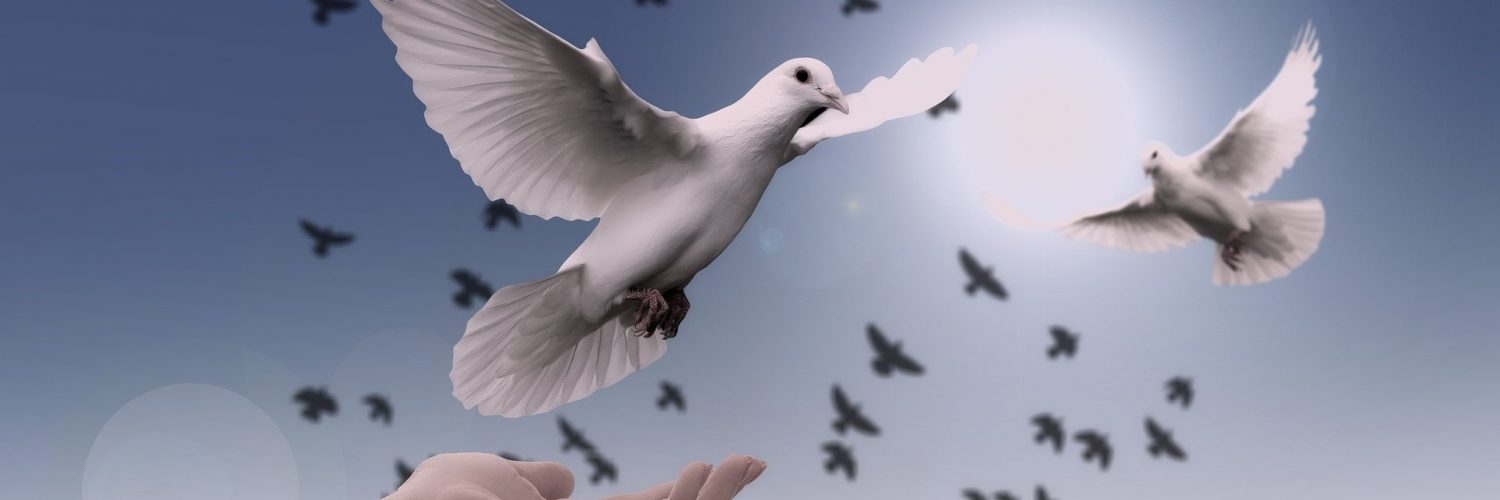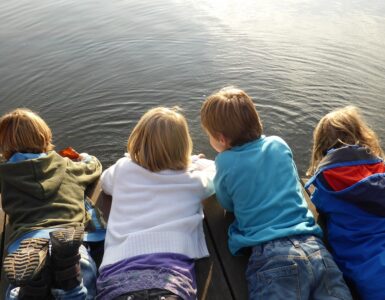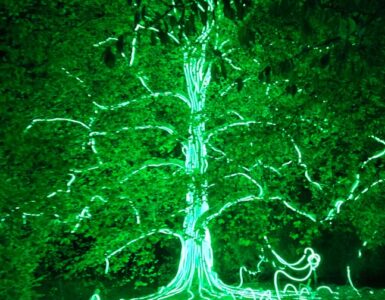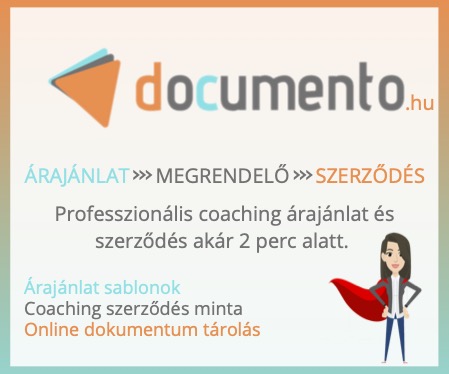As a beginner coach I received a good advice from an experienced mentor of mine: only ask that question to a coachee, that you have already asked yourself at a certain point in your life.
If you’re going to talk the talk, you’ve got to walk the walk. There is no other way of authentic professionalism in my opinion. We use our whole being, the entirety of our personality, of our experiences, and a coachee may come to us for several reasons, but one subtle reason is usually there in particular, why they would pick exactly us, and not someone else. It is, because they assume, the way we treat ourselves make things work for us in our life, and they want to have that. They want to learn that by studying us, by mimicking us, by spending time with us. They want to learn a new way of treating themselves. There is no absolute, measurable trick, or big answer to that, they don’t ask for quick instant answers, they definitely don’t want to hear form us the right answer. Even more so, even if they long for the right question from us, the underlying yearning is: “teach me to trust myself that I am going to find my answer”. And in this longing, there is a constant check on the coach: does the coach trust himself or herself, do they radiate an atmosphere of ease, do they have an inner peace floating around them? Can they really model us how to live a life in trust, in confidence in the midst of unanswered questions?
In my recently published book, the Coming Out Book, a Story of a Gay Christian Youth Pastor, I lay down a journey for the reader from my personal life, how I learned to trust, and to have confidence on a road yet untraveled. The peculiarity of my journey was that the spiritual dimension of it was an extra layer that framed my situation. I want to bring here an excerpt from my book:
“On my journey of learning accepting myself for who I am has led me to another special experience. I felt for some reason, that the cognitive level will not dominate here in this digesting process too much. Meaning, it is not my job now to collect arguments and counter-arguments regarding homosexuality, and understanding them, I would draw a rational conclusion and made a decision. This also meant that I did not start to dive into literature. Neither did I start to exegete the relevant Bible verses, what the original Hebrew and Greek texts say there, although I studied these languages in the Seminary, and would have had the basic knowledge to do such a research. At least, I would have known what tools I could reach out for, according which I could have gotten a clear result, what these texts say, onto what Christians ultimately base their homophobia. It seemed a logical choice, but my being did not jump on this possibility. I somehow felt, that is not this direction, where redemption would come from, this is not, what I need.
What had happened was that on this road I stepped onto the path that is called “I-don’t-know”. I spent a lot of time on it. I try to find words to describe what I exactly mean by that, and what experience this meant for me. Faith is a genre that embraces mystery. The unfathomable. There is a fine line in practicing faith between certainty and the “I-don’t-know”. I neither “know-know” any of the two, but believe it, but there are instances, when by faith you gain certainty about something, which shines bright after that before your spiritual eyes, and you believe it with a certainty with all your heart. The “I-don’t-know” is simply “I-don’t-know” and you still rely on it by faith. It was kind of like this, as I was before God regarding my gayness: I do not know. I have abso-freakin-lutely no idea, what God really thinks about it, but I still know, that He loves me, no question about it. And that was enough! It was uncomfortable, but it became bearable for me to coexist with the “I-don’t-know”. It was not frightening anymore; this “I-don’t-know” was not scaring me anymore. I was not afraid of it, not the least. I knew that this is in the hands of God, and I am well cared for with God. I do not know more. And I do not need further knowledge to feel well. Okay, I may lower the bar: I did not need further knowledge to not go crazy 🙂 And that was just quite enough then. This was very beautiful, because it said a lot about my relationship with God: “I don’t have to understand every single thing to feel safe at Your side. We will get there, where we are supposed to get, and in the meantime, You are enough for me!” Only God could understand this then, and me… These were roads that only the two of us had walked on… It was a special and romantic experience, to be satisfied with the “I-don’t-know”. It was a very precious learning experience!” (Coming Out Book, Learning along the new way, page 29.)
Later, as a practicing coach I took immense benefit from this intense learning period in my life. Namely, I gained firsthand experience on what it means to trust someone else with the answer, in this case, God, and to remain satisfied with dealing with the “I-don’t-know”. As a Christian believer I practiced abandoning myself to the care and providence and good-will of Someone, who claimed having these things under control. All I had to do was trusting the process and walking through it. As a coach I have to have that presumption, that the coachee is the ultimate guarantee for the outcome of his or her aim to reach, not me, and I don’t even have to know every bit of information about their situation, to be of help to them. Again, I have to put my trust in someone, who is outside my own self, whom I have no control over. Additionally, I have to have the assumption, that the coachee is capable, and able to carry out the goal, he or her is striving, similarly, as I trusted my God, that He will do, that only He can do in my life. I hold this frame of trust strongly for the coachee, this is the ground zero, that we can fall back on at any time of our work together. “We are here in this coaching conversation together, and not elsewhere, because you can absolutely do this, you know that, and I know that, and I am merely here to give you what you need to get there”.
We as coaches should have experience and ability to reflect upon ourselves, how we treat ourselves at times of uncertainty. How do we practice leaning into the comfort of discomfort. Because we will, if we want or not, model this behavior to those around us, our coachees included. By walking the walk we can eliminate potential blind spots in our lives, things that we haven’t digested yet.
It is impressive to me actually, how much faith it takes, to work in the function of a coach. You have to trust a whole bunch of things that are not the slightest under your control.
Márton Mányai
Supervisor, Coach, Theologian-Pastor, General Manager and Owner of Self Consulting Human Kft.
Performs his consultant, and organizational development services in Hungarian, German and English. Studied partly in Germany and Switzerland. Professional memberships: Hungarian Supervisor and Coach Association, Association of Hungarian Coach Organisations, ANSE
LinkedIn: https://www.linkedin.com/pub/marton-manyai/39/156/330
www.comingoutkonyv.hu






















